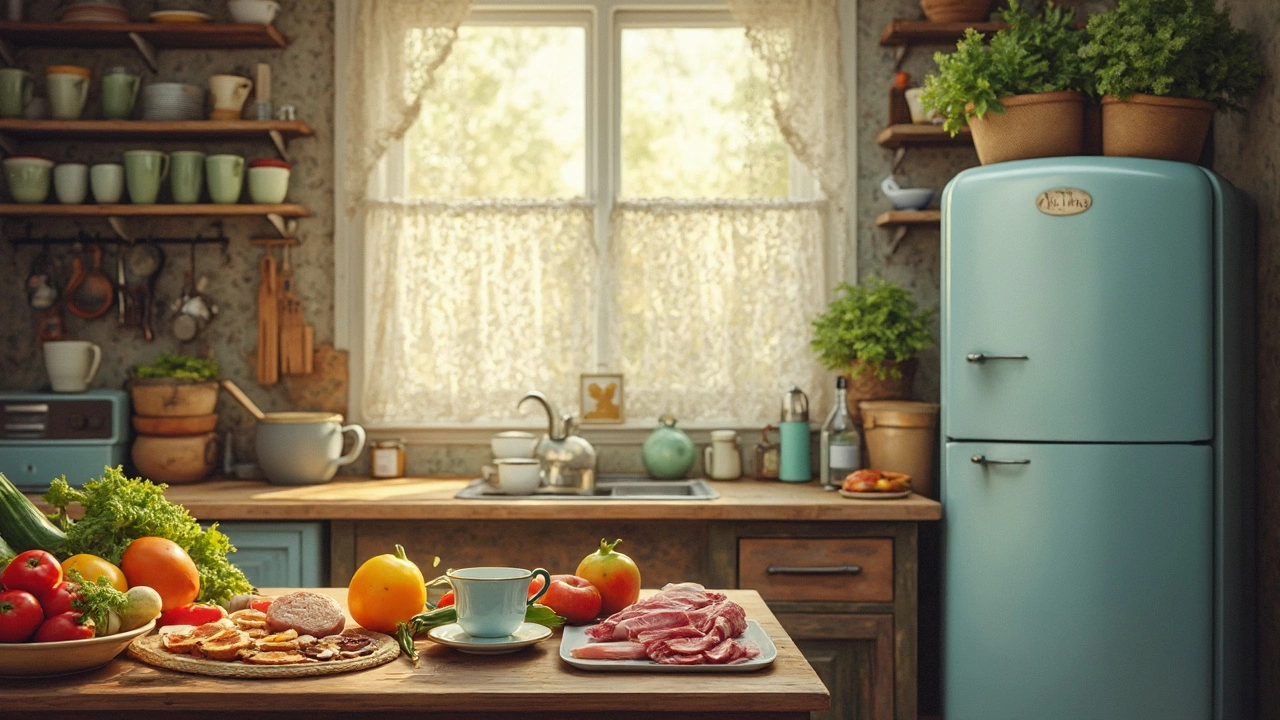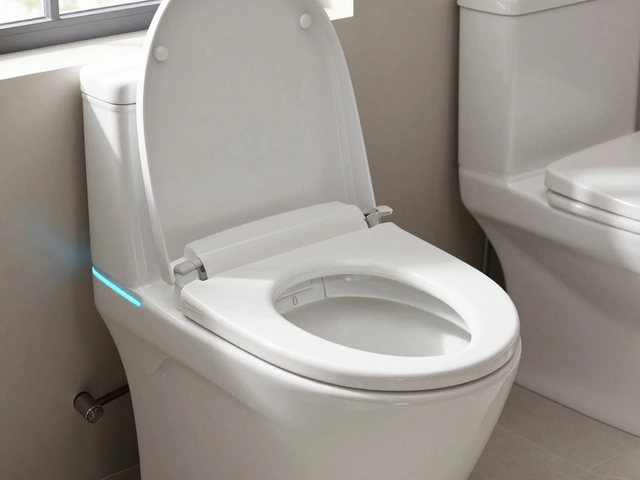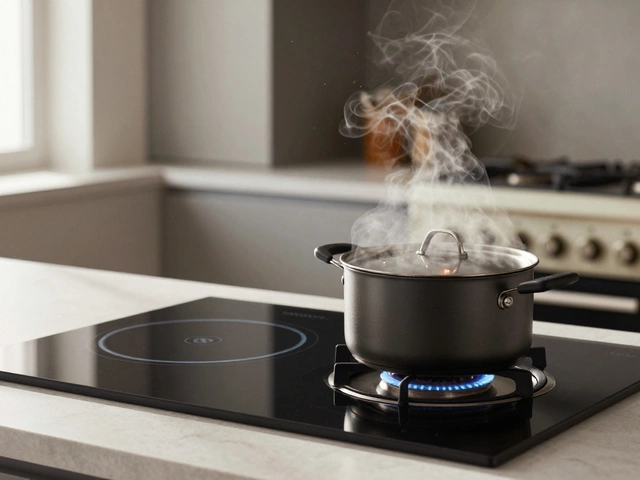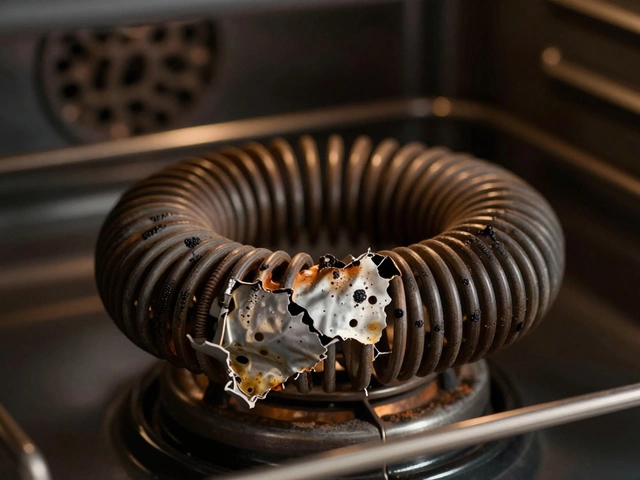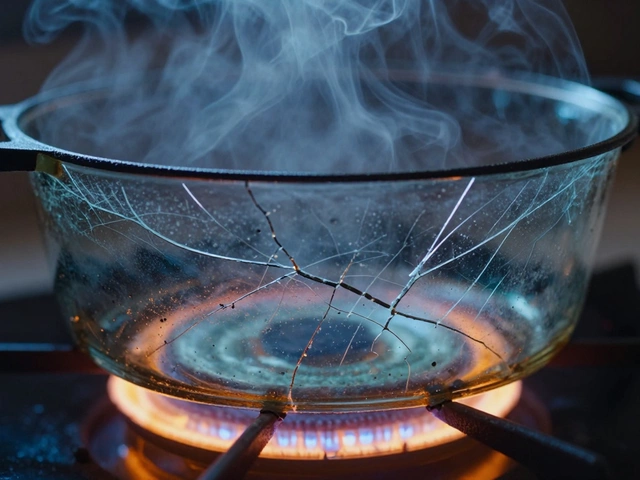Appliance Durability: How Long Do Your Home Devices Really Last?
If you’ve ever wondered why one fridge seems to run forever while another quits after a few years, you’re not alone. Durability isn’t just a lucky break – it’s a mix of brand quality, how you use the appliance, and the care you give it. In this guide we’ll break down the main factors that affect lifespan, share easy maintenance tricks, and help you decide when fixing makes sense versus buying new.
Key Factors That Shape Durability
First off, the brand matters, but it’s not the whole story. A well‑known brand can still have a weak component that fails early. Look at the part that usually costs the most – for refrigerators it’s the compressor, for ovens it’s the control board or heating elements. Those parts often decide if a repair is worth it. Second, usage patterns play a big role. Running a dishwasher on a half‑load or cranking the dryer with a full load every night speeds up wear. Third, environment counts – high humidity can rust metal parts, while hard water builds scale on heating elements.
Finally, regular maintenance is the hidden hero. Simple steps like cleaning condenser coils on a fridge, descaling a water heater, or checking the dryer lint trap can add years to an appliance’s life. When you skip these chores, you’re basically inviting breakdowns.
When to Repair and When to Replace
Here’s a quick rule of thumb: if the repair cost is less than 50 % of the price of a new unit and the appliance is under its typical lifespan, fix it. For example, an electric stove repair that costs £120 on a model that usually lasts 15 years is a good bet. On the other hand, a 20‑year‑old oven with a busted control board often isn’t worth the money – new ovens are more efficient and cheaper to run.
Use these checkpoints:
- Age vs. Expected Lifespan: Compare the appliance’s age to its average lifespan (e.g., washers 10‑12 years, microwaves 7‑10 years).
- Frequency of Repairs: If you’ve needed three or more fixes in the past two years, it’s time to think replacement.
- Energy Efficiency: New models usually use less electricity or water, which can offset the purchase price over time.
By answering these questions you’ll avoid throwing money at a dying device.
Remember, you don’t need to be a technician to keep appliances humming. A few minutes each month – cleaning filters, checking hoses, tightening loose screws – can push a fridge’s life well past ten years. And if a problem feels beyond your skill set, calling a local repair expert (like Hinckley Home Appliance Repair Services) saves time and ensures the job is done right.
Bottom line: durability is mostly in your hands. Choose reliable brands, use appliances as intended, and stick to a simple maintenance routine. You’ll waste less money, get smoother performance, and enjoy a quieter home. Ready to test your appliance’s durability? Start with a quick visual check today and see what’s next on your maintenance list.
8 March 2025
·
0 Comments
Wondering how long a freezer typically lasts? This article explores the average life expectancy of freezers and shares practical tips for extending their lifespan. From understanding common issues to easy maintenance tricks, learn how to keep your freezer running efficiently. Discover interesting facts and tackle minor problems yourself to save costs on repairs. Keep your food preservation worries at bay with expert insights.
Read more

